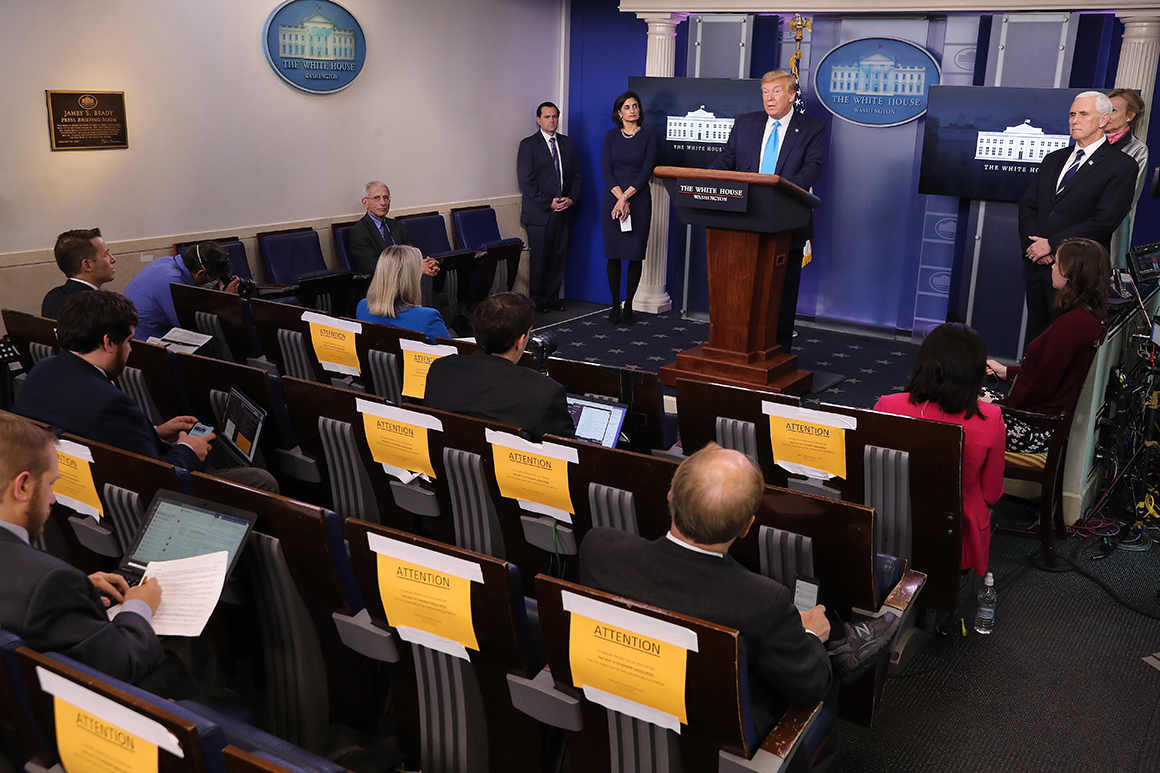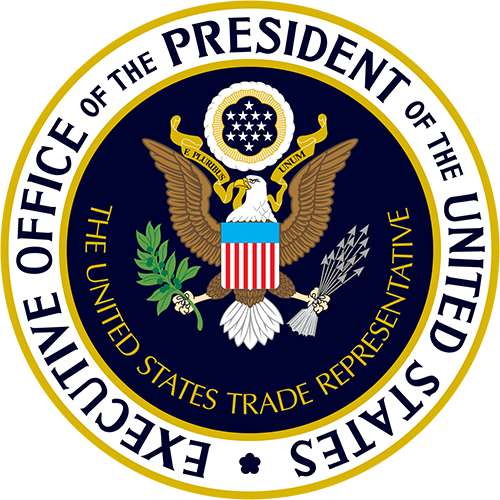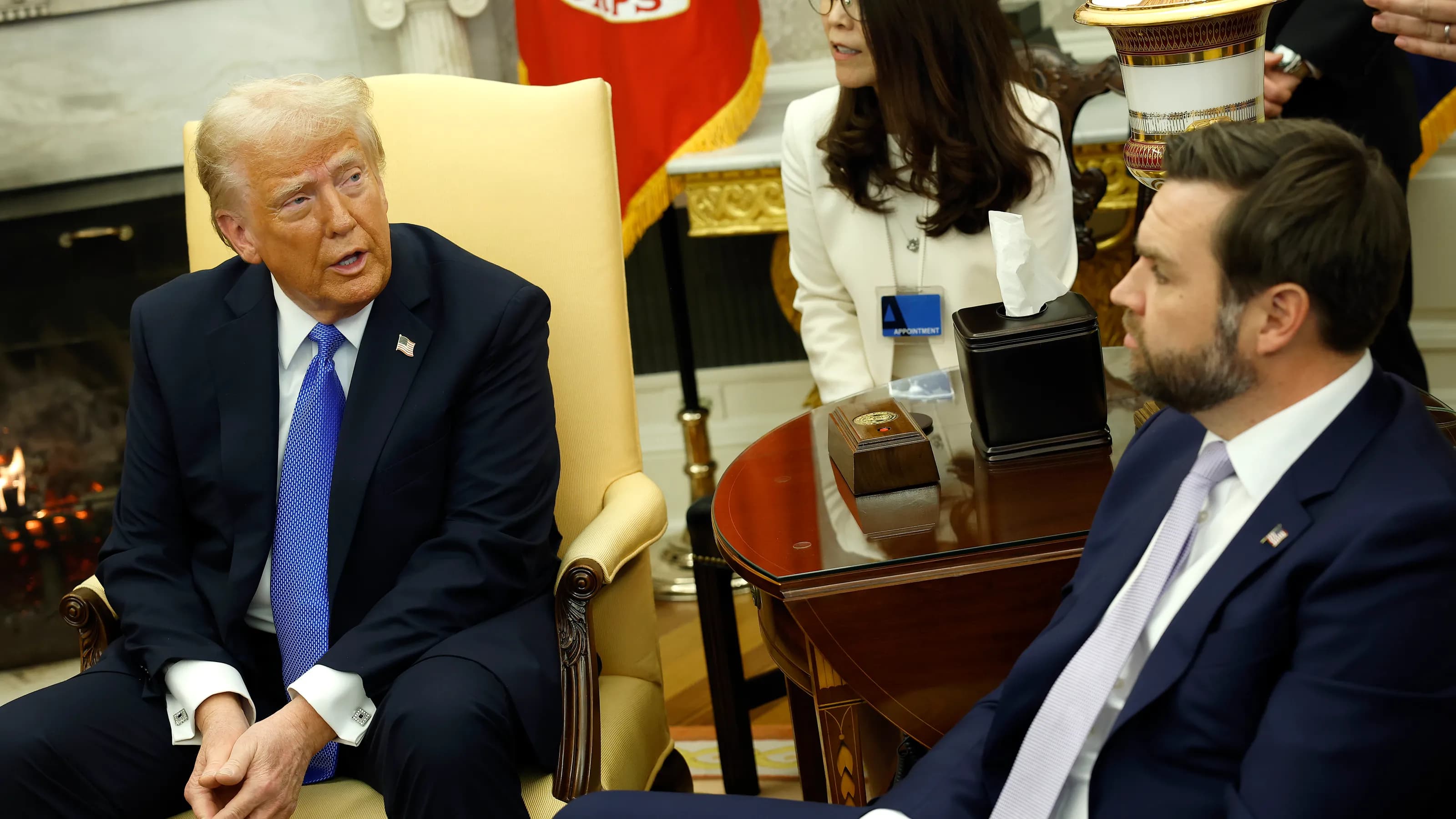President Donald Trump has thrown down the gauntlet, sending letters to 14 countries and imposing staggering tariffs ranging from 25% to 40% on their goods, set to take effect August 1. This latest move comes amidst a backdrop of economic uncertainty and rising inequality, leaving many to wonder who will bear the brunt of these punitive measures. Despite some initial market resilience, the long-term implications for workers and consumers could be devastating.
Tariffs Target Workers and Consumers
The tariffs affect nations including Japan, South Korea, and South Africa, with Trump signaling that negotiations may still be possible. However, the reality is that these steep tariffs will likely lead to price increases on everyday goods, hitting working-class families the hardest. According to Northwestern experts, the uncertainty surrounding these tariffs is already creating ripples in the economy, with the potential for rising consumer prices as companies pass on costs to households.
Markets Show Caution Amid Tariff Turmoil
While global markets initially shrugged off the announcement, investors remain wary. Asian and European stock markets responded with muted gains, but Wall Street extended losses as the ramifications of Trump"s uncompromising position began to sink in. The so-called "TACO" trade – an investment strategy betting that Trump will ultimately back down from his threats – reflects the fragile confidence that investors have in this administration"s trade policy. As reported by the New York Times, the unpredictability of these tariffs complicates the business landscape, with companies uncertain how to plan in a climate of aggressive tariff threats.

White House to require coronavirus tests for journalists ...
Global Inequality and Trade Implications
These tariffs, while intended as an economic strategy, may exacerbate global inequalities. Countries like Malaysia and Bangladesh, already struggling with economic stability, face further challenges as their exports become less competitive in the U.S. market. This reality raises questions about the sustainability of global trade relationships and the welfare of workers in those nations. According to Washington Post"s analysis, the fallout from these tariffs could lead to job losses not just abroad but within the U.S. as companies adjust their supply chains to mitigate costs.
Potential Backlash and Economic Fallout
Trump"s insistence on a firm deadline might play well politically, but it risks igniting a trade war that would have dire consequences for labor rights and economic justice. Workers, particularly in industries affected by these tariffs, could find themselves facing layoffs or reduced hours as companies struggle to absorb the new costs. The tariffs are essentially a tax on consumers and workers, leading to further wealth inequality. The New York Post argues that while tariffs might seem beneficial in theory, their application often leads to increased prices and reduced economic opportunities for the very people they claim to protect.

U.S. Senate Confirms Jamieson Greer as United …
Workers Deserve Better than Tariff Games
As the August deadline looms, workers across the United States and abroad are left holding the bag. The notion that tariffs will reset trade balances and boost job growth is misleading at best. Instead, these policies are likely to create a ripple effect that harms the very individuals they are meant to support. Instead of engaging in tariff battles, the focus should be on comprehensive trade policies that prioritize labor rights and economic equity. Ultimately, the stakes are high, and the impact on everyday Americans and global workers cannot be overstated.







![[Video] Gunfire between Iraqi security forces and Sadr militias in Baghdad](/_next/image?url=%2Fapi%2Fimage%2Fthumbnails%2Fthumbnail-1768343508874-4redb-thumbnail.jpg&w=3840&q=75)
